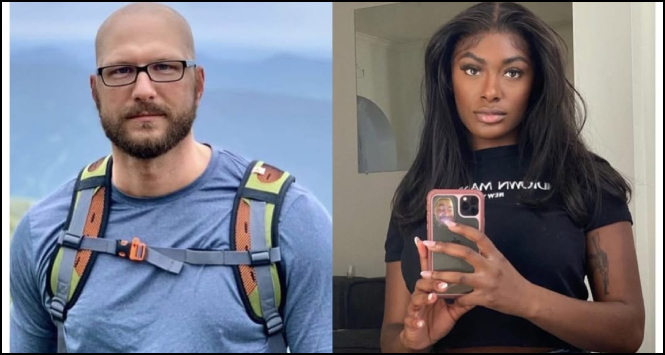Nearly four years after the tragic death of Lauren Smith-Fields, legal questions and calls for justice continue to reverberate nationwide.
The 23-year-old Black woman was found unresponsive in her Bridgeport, Connecticut apartment on December 12, 2021—just hours after a date with a white man she met on the dating app Bumble. Despite glaring inconsistencies in the case, no one has been held accountable.
Smith-Fields’s family, represented by civil rights attorney Darnell Crosland, has filed a notice of claim against the City of Bridgeport and its police department, alleging police negligence, failure to investigate, and civil rights violations. They argue that the case was mishandled from the start, citing a failure to secure the scene, preserve evidence, or treat the last person to see her alive—37-year-old Matthew LaFountain—as a person of interest.
“This case should have been treated as a criminal investigation from the very beginning,” Crosland told The Independent in a 2022 interview. “Instead, valuable evidence was lost, and the family was denied the dignity of transparency.”

The police response drew scrutiny early on. Officers allegedly did not notify the Smith-Fields family of her death—leaving them to discover the news via a landlord’s note on her apartment door. A used condom containing semen, bloodied bed sheets, and untested alcohol bottles were reportedly left behind at the scene. LaFountain, who claimed the two merely drank tequila and watched a movie, told police he found Smith-Fields with blood coming from her nostril the next morning.
It wasn’t until a month later that the state medical examiner ruled her cause of death an “accidental” overdose from a lethal mix of fentanyl, promethazine, hydroxyzine, and alcohol. Her family maintains that she did not use drugs and believes the presence of fentanyl—a highly potent synthetic opioid—raises more questions than answers.
Crosland has called for a federal investigation and demanded the release of the 911 call made by LaFountain. Despite public backlash and mounting legal pressure, LaFountain has not been charged or publicly named as a suspect. He has reportedly changed his social media presence and remained silent apart from a brief statement issued through his attorney offering “condolences” and claiming cooperation with authorities.
In the months following Smith-Fields’s death, the Bridgeport Police Department opened a criminal investigation with assistance from the U.S. Drug Enforcement Administration. Still, the family argues it came too late to make a meaningful difference.
The lawsuit alleges racial bias and systemic failures: “Had the roles been reversed—had a white woman died after a date with a Black man—there’s no question this investigation would have looked different,” Crosland said.

Bridgeport officials, including Mayor Joseph Ganim and then-Acting Police Chief Rebeca Garcia, are named in the legal claim. The family contends that investigators dismissed their concerns, minimized Smith-Fields’s death, and failed to meet constitutional standards of equal protection under the law.
Legal analysts say the case highlights broader issues of racial disparities in how police departments respond to the deaths of Black women.
As of 2025, no new criminal charges have been filed, and the civil case remains pending. For Smith-Fields’s loved ones, justice delayed remains justice denied.

